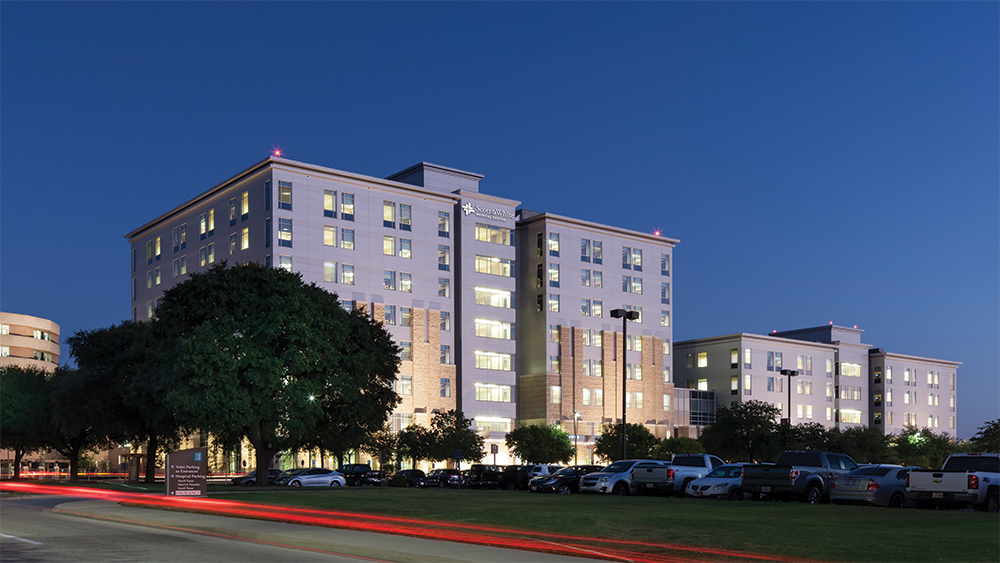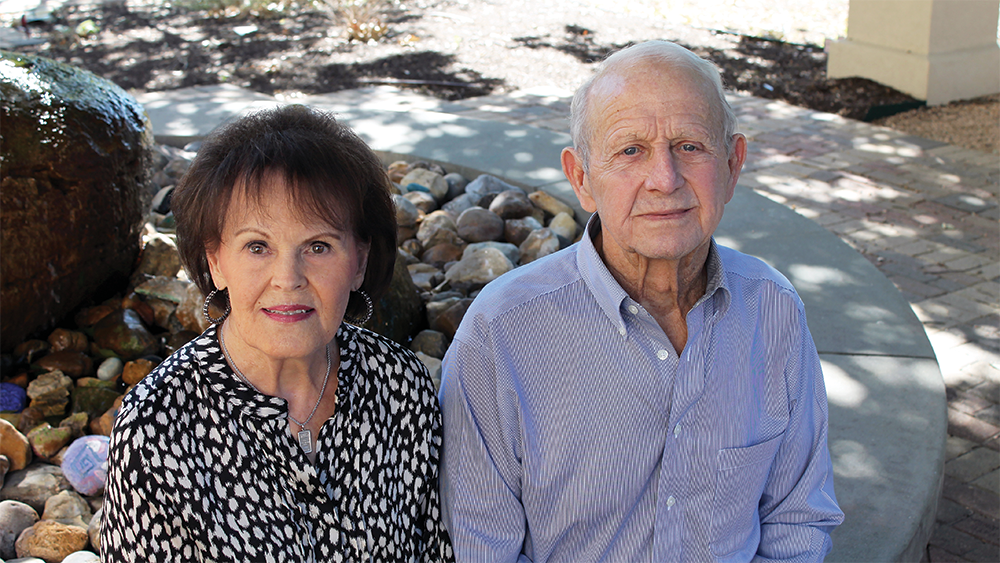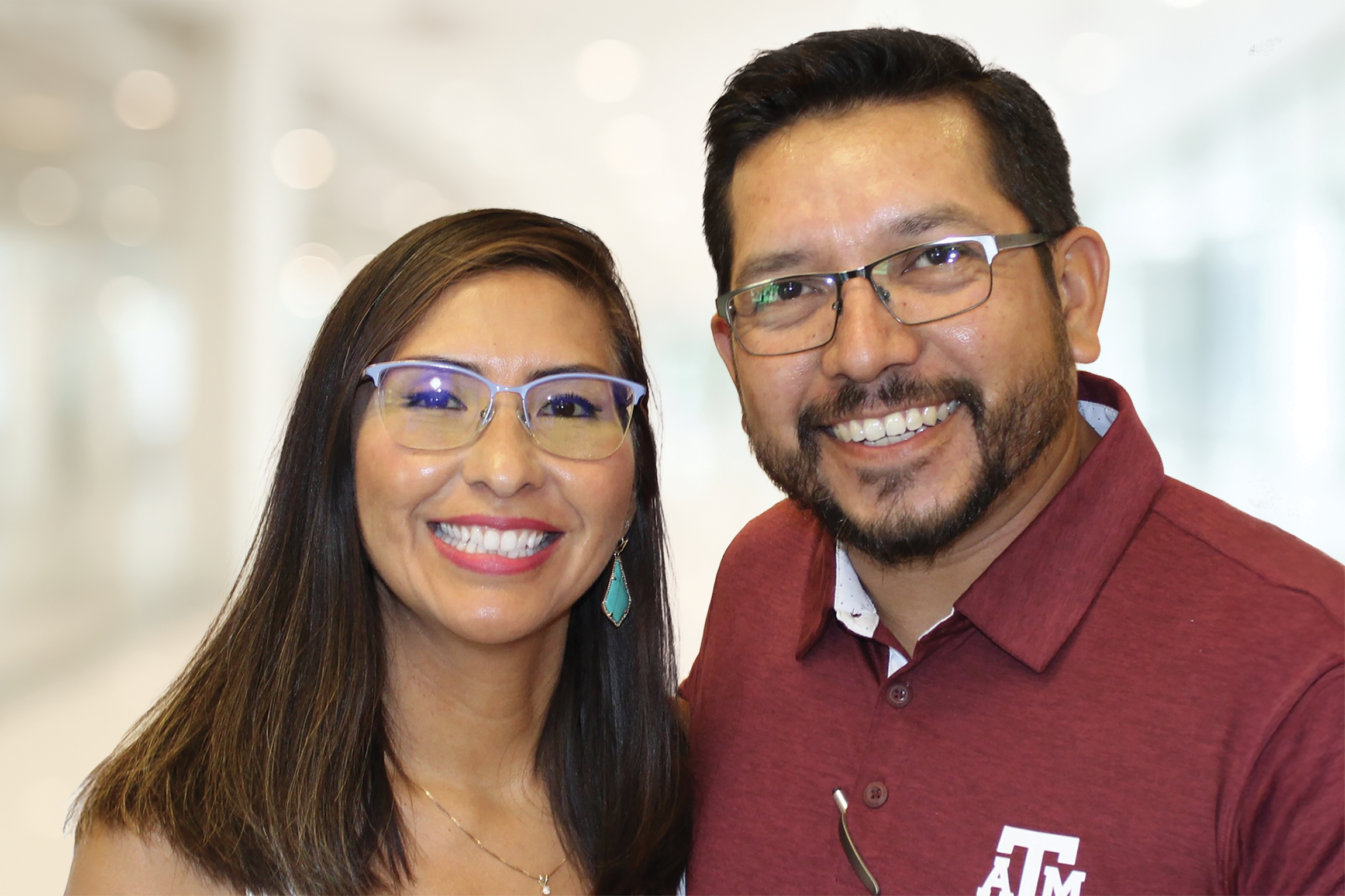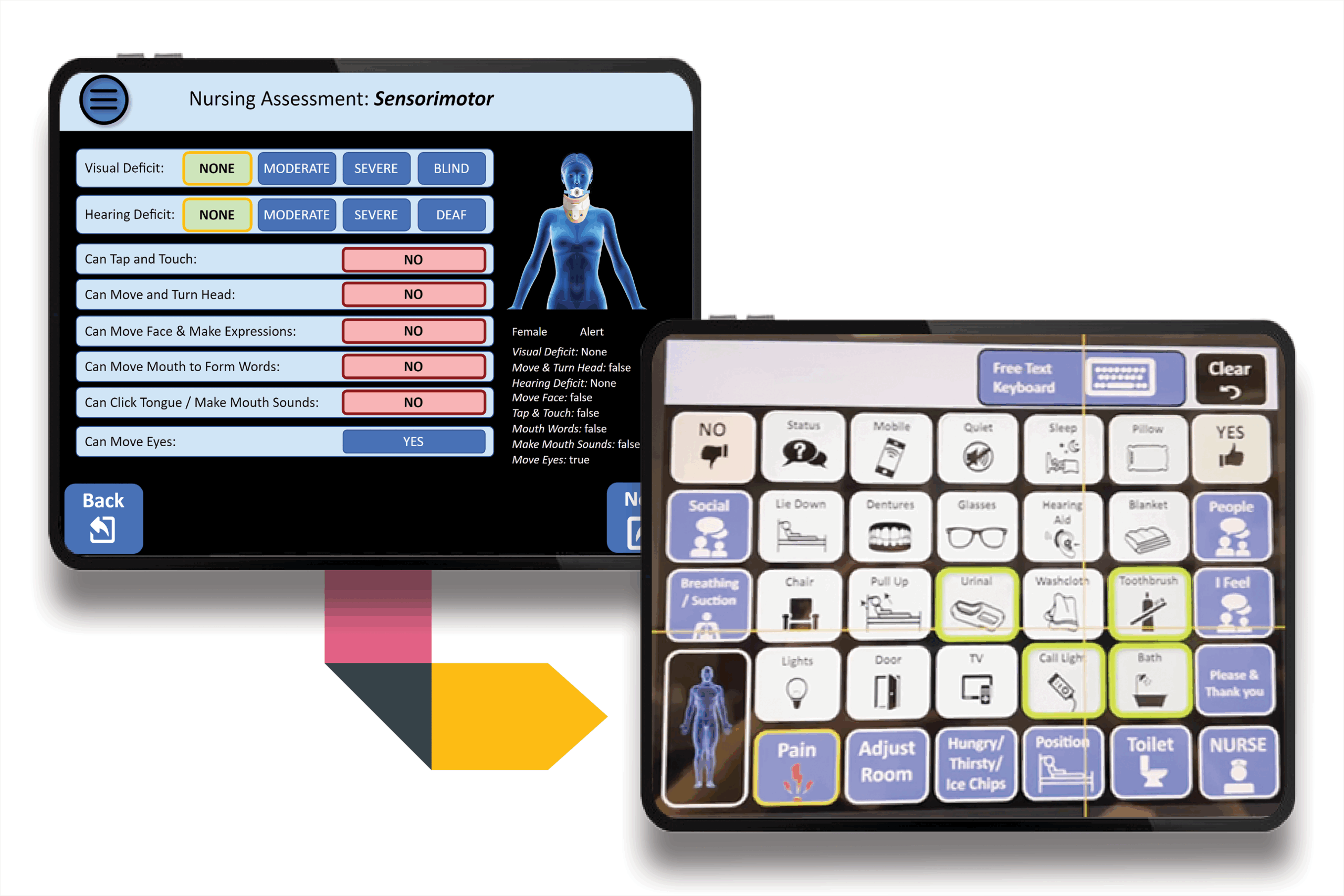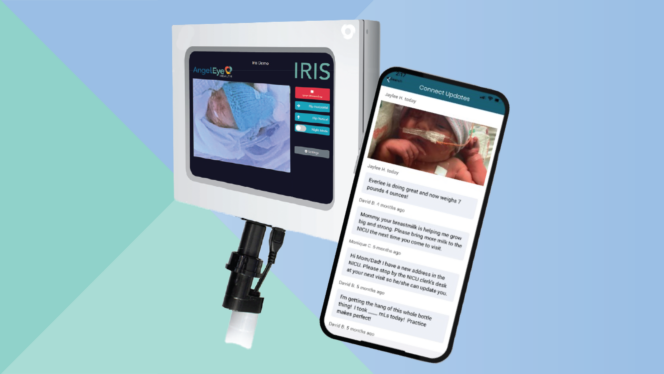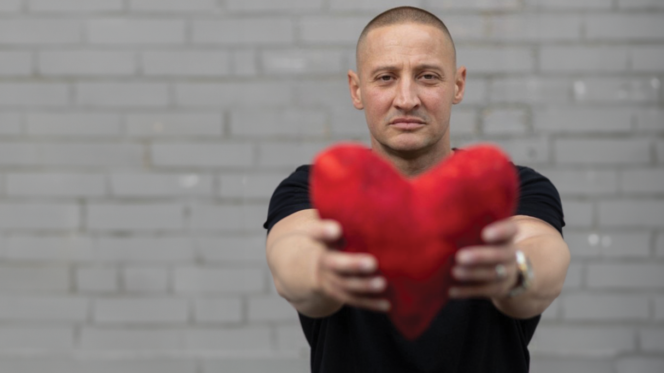In her mid-40s, healthy and active, Denise Jimenez never expected to hear, “You have a life-threatening condition called complete heart block.” Yet, those words changed her life.
On January 6, Denise fainted at work and was evaluated by EMS, but she declined to go to the hospital. Later that week, she experienced a sudden, extreme shortness of breath and dizziness, feeling as if her heart had stopped.
“What felt like an eternity was maybe a few seconds,” she said. “Afterward, I was exhausted, my heart was racing and my chest felt like it had bricks weighing it down. Still, I dismissed anything heart-related because of my healthy lifestyle.”
The next morning, still experiencing chest pain, she visited the Baylor Scott & White Clinic – Taylor and was referred to the emergency department for evaluation and to cardiology at Baylor Scott & White in Pflugerville to rule out any heart issues. An echocardiogram showed nothing unusual.
As a precaution, Denise went home with a heart monitor. For the next few weeks, she continued her normal routine, attributing her symptoms to a rare asthma flare-up.
On February 18, her cardiologist called and asked her to make an appointment as soon as possible. Her heart monitor had recorded abnormal heart rhythms, including almost seven seconds of asystole, a complete electrical failure of the heart commonly referred to as “flat-lining.”
“My cardiologist explained that this wasn’t related to my lifestyle, thyroid issues or any other medical condition, but it was very rare, especially for someone my age,” Denise said. “He said a pacemaker would help me live a normal, active lifestyle. I wanted time to think about it and explore my options, so he referred me to an electrophysiologist, and I scheduled an appointment for early April.”
However, that same day, the electrophysiologist’s (EP) office called and urged her to visit the emergency department in Temple immediately.
“My phone was blowing up while I was out enjoying lunch,” Denise said. “They were determined to get through to me. I had multiple voicemails and messages on the MyBSWHealth app. The cardiology team in Temple said they would be waiting for me in the ER.”
Denise was admitted for third-degree atrioventricular block, which occurs when electrical signals from the upper chambers of the heart are completely blocked from reaching the lower chambers. Though rare, the condition is mostly seen in older patients and requires a pacemaker to keep the heart’s rhythms on track.
“I was still hesitant about going through major surgery,” Denise said. “Then, one of the nurses told me that if the block had occurred while I was in the hospital, it would have been considered a code. That was when it really sank in how urgent this was.”
Her thoughts immediately turned to her husband and family—her “why” for moving forward with the surgery. “I saw visions of my entire family—conversations with my aging parents, planting in my flower garden, watching sunsets, traveling with my sweet husband, cheering on our kids who are now young adults, enjoying our beautiful granddaughters and volunteering at church,” she said.
Denise’s surgery went well, and her recovery has been smooth. She has a device check every six months and keeps her pacemaker monitor by her bedside.
“I am so grateful to Baylor Scott & White and the donors who support the hospital,” Denise said. “Your support can not only save someone’s life but also impact their loved ones. I am so thankful that I get to continue to enjoy all of life’s precious moments with my family.”
